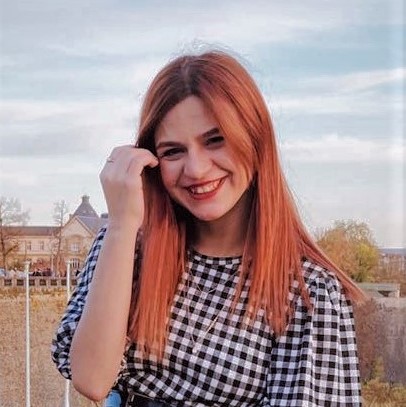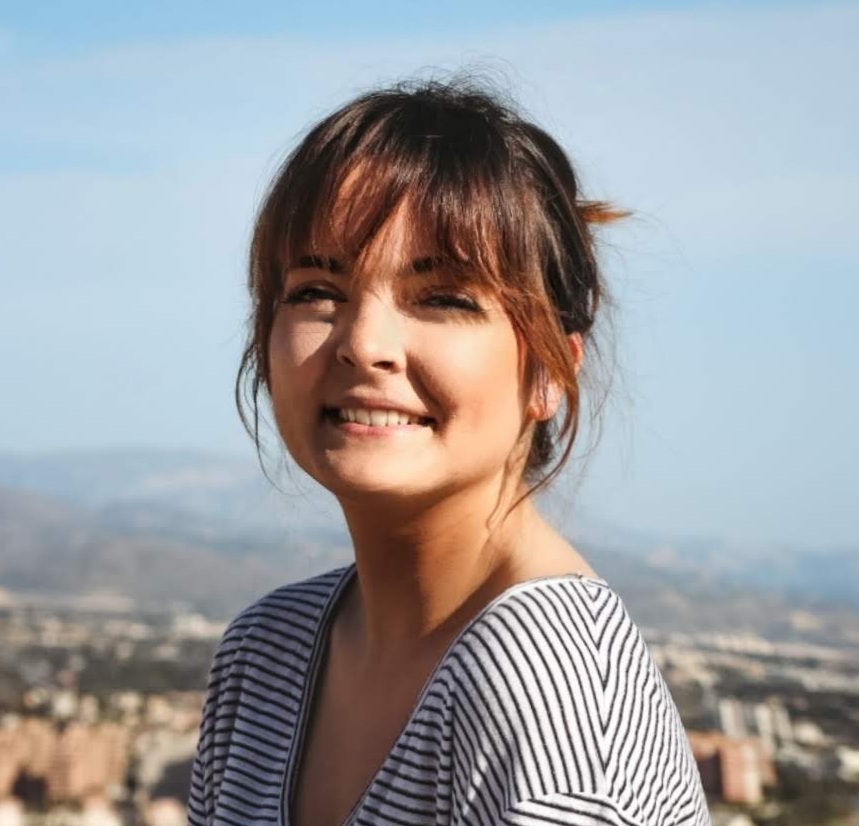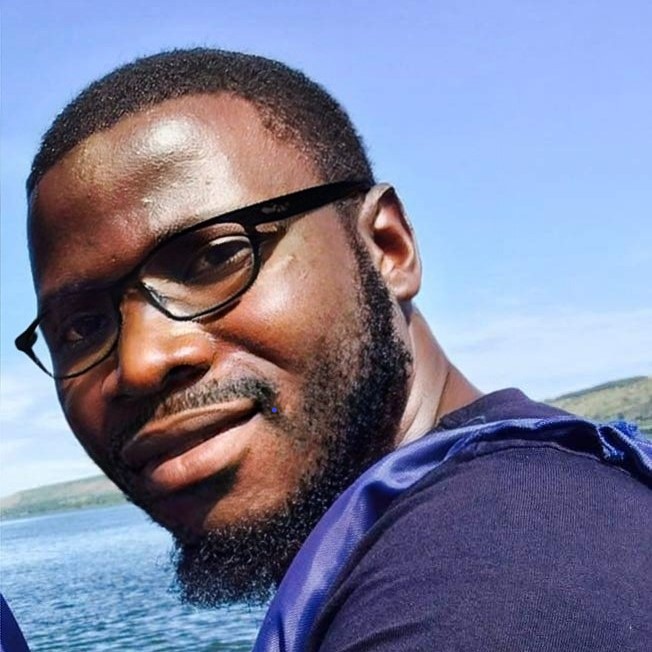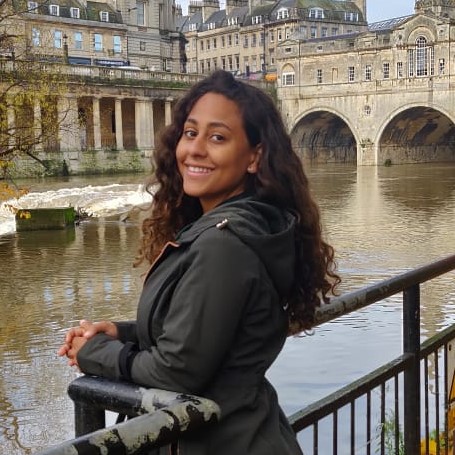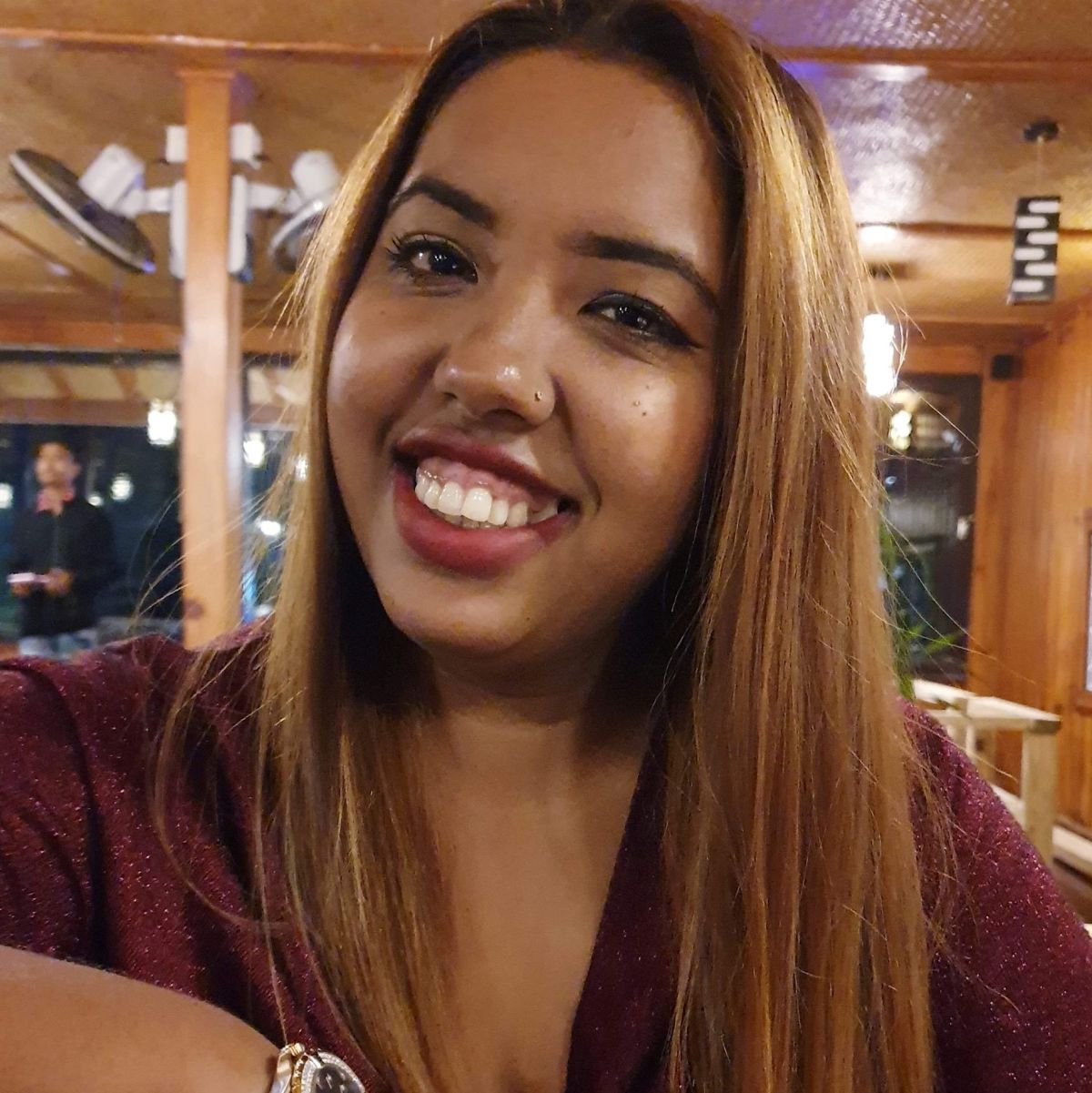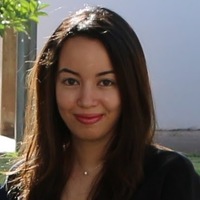Quando una ragazza diventa donna: storia di abuso psicologico - Seconda parte
Voglio incoraggiare le persone ad iniziare ad alzare la propria voce. Il giorno in cui ho capito di essere pronta a parlare è stato il giorno in cui questa ragazzina finalmente si è sentita donna.
Greece, Southern Europe
Story by Maria Sotiropoulou. Translated by Giovanna Luisetto
Published on May 17, 2022.
This story is also available in 


“Farebbe qualsiasi cosa per ottenere un lavoro,” dicevano.
“Tutto quello che ha guadagnato è stato grazie al suo corpo,” sussurravano.
Così iniziò il circolo vizioso dell’emarginazione. I miei colleghi e compagni dell’università mi si sono rivoltati contro, e hanno iniziato a diffondere voci e storie offensive con un copione migliore di una qualsiasi scadente soap opera anni 90. All’inizio, la situazione era così ridicola, esagerata e drammatica che pensavo fosse frutto della mia immaginazione. Ciò che successe poi, dimostrò che non lo era affatto.
Giravano voci di una mia presunta relazione con un membro del personale docente e di conversazioni mai esistite durante le quali avrei detto di “essere disposta a fare qualsiasi cosa pur di ottenere un lavoro.” C’era una costante svalutazione delle mie capacità a livello accademico e professionale e commenti su come avessi “guadagnato tutto grazie al mio corpo.” Inoltre, giravano voci di come avessi disprezzato altre donne, commentando il loro abbigliamento e comportamento, e di miei giudizi sessisti su altre.
“Quanto falsa deve essere questa donna che parla di femminismo sui social media, ma che poi fa dei commenti così sessisti sulle altre?” si diceva. Quelle sono state le parole che mi hanno ferito di più.
Aggressioni verbali costanti, pressione, bullismo, enormi carichi di lavoro e assegnazione di attività nelle quali non ero comunque competente, telefonate in orari notturni, e critiche pesanti su "errori" che si supponeva avessi fatto, tutto dalla stessa persona, il mio “mentore.” Commentavano “ciò che avevo pubblicato sui miei personal social media" dicevano che "sarei dovuta sembrare più seria” che “non avrei mai concluso nulla nella mia vita se non fossi andata da uno psicologo per superare le mie insicurezze” e che "sarei arrivata a 30 anni guadagnandomi il pane grazie al mio corpo." Mi scioccava come sembrasse che queste voci girassero come se le avessi messe in giro io. Sembrava che avessi fatto io a qualcuno questi commenti malati.
Comunque, dato che volevo evitare reazioni negative e ulteriori voci, decisi di tenere duro e di pazientare ancora per qualche mese, fino al momento giusto in cui avrei potuto lasciare quella situazione tossica nell’organizzazione universitaria. Sfortunatamente, più cercavo di evitare gossip, drammi, e voci, più spesso dovevo spiegare la mia situazione, e finivo il più delle volte con lo scusarmi per il mio comportamento. In questo ambiente tossico, iniziai a pensare di essere io la colpevole, nonostante fossi la vittima. Solo dopo venni a sapere che questa era manipolazione psicologica conosciuta come gaslighting.[1]
Da allora, sono andata avanti con la mia vita ed ho iniziato un master all’estero. Nonostante la laurea e il trasferimento, mi resi conto che ogni tanto continuavo a sentire voci che giravano su di me.
Con questo articolo, non chiedo riscatto né giustizia. Voglio solo spronare le persone che hanno subito lo stesso trattamento a fare sentire la propria voce, a prescindere dal proprio sesso. Quando ho raccontato la mia esperienza, mi è stato chiesto molte volte come mai non avessi parlato all’epoca o come mai non avessi abbandonato quella situazione tossica. Ma c’è un detto greco, “Fuori dal cerchio di ballo, uno può cantare tante canzoni,” oppure, uno in inglese, “E’ più facile a dirsi che a farsi.” Anche ora, raccontarlo da donna, non è un’impresa facile per me. Il tempo passa, molto lentamente, purtroppo, e molto più lentamente di quanto dovrebbe. Ma ogni giorno che passa, comportamenti aggressivi e bullismo sono sempre meno tollerabili.
Durante tutta questa situazione, mi sentivo come una fragile ragazzina picchiata continuamente. Ma il giorno in cui mi resi conto di essere pronta a parlare fu il giorno in cui questa ragazzina si sentì finalmente una donna.
Leggi la prima parte della storia.
[1] Il Gaslighting è una manipolazione psicologica il cui fine è insinuare dubbi nelle persone, in modo che diventino insicuri sui propri ricordi, percezioni e logica. L’abusante cerca di destabilizzare la vittima e di demolirne I pensieri usando negazione costante, inganno, contraddizioni, e bugie.
How does this story make you feel?
Follow-up
Do you have any questions after reading this story? Do you want to follow-up on what you've just read? Get in touch with our team to learn more! Send an email to [email protected].
Talk about this Story
Please enable cookies to view the comments powered by Disqus.
Subscribe to our Monthly Newsletter
Stay up to date with new stories on Correspondents of the World by subscribing to our monthly newsletter:
Other Stories in Italiano
Explore other Topics
Get involved
At Correspondents of the World, we want to contribute to a better understanding of one another in a world that seems to get smaller by the day - but somehow neglects to bring people closer together as well. We think that one of the most frequent reasons for misunderstanding and unnecessarily heated debates is that we don't really understand how each of us is affected differently by global issues.
Our aim is to change that with every personal story we share.
Community Worldwide
Correspondents of the World is not just this website, but also a great community of people from all over the world. While face-to-face meetings are difficult at the moment, our Facebook Community Group is THE place to be to meet other people invested in Correspondents of the World. We are currently running a series of online-tea talks to get to know each other better.











